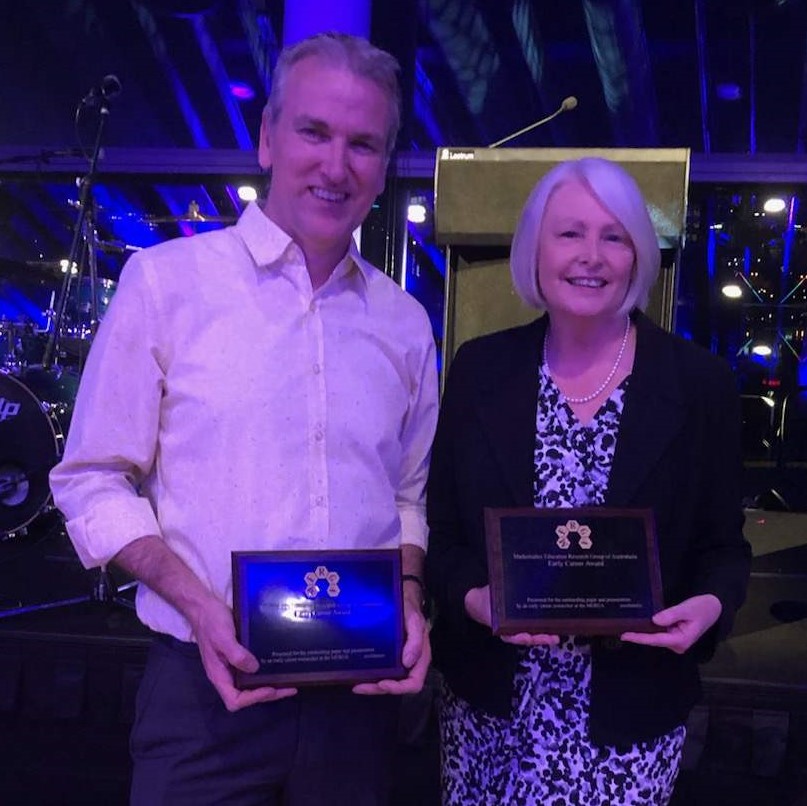Classroom and Learning Factors Preferred by Year 9 Students in the Teaching and Learning of Mathematics
Barbara TadichThis report describes a recent case study research which provides evidence that student learning, and student achievement can be accomplished by teachers working with a greater knowledge of student development. The key elements investigated in the study include both classroom and learning features. In particular an understanding of Kohlberg’s (1963, 1973) stages of moral development is addressed. Giddens’ (1984) concepts of the reflective cycle and its ability to lead to empowered action and to the uncovering of the range of choices (for the students and teacher) to act, or not to act, to make a difference to events is included. The data collected via personal observations, students’ perceptions and voice, emphasized that an understanding of Kohlberg’s and Giddens’ work can add new dimensions to the middle years of schooling debate regarding adolescent teaching and learning. An understanding of young adolescents, especially in Year 9, requires greater knowledge of developmental and learning theories with a holistic approach to teaching and learning.

